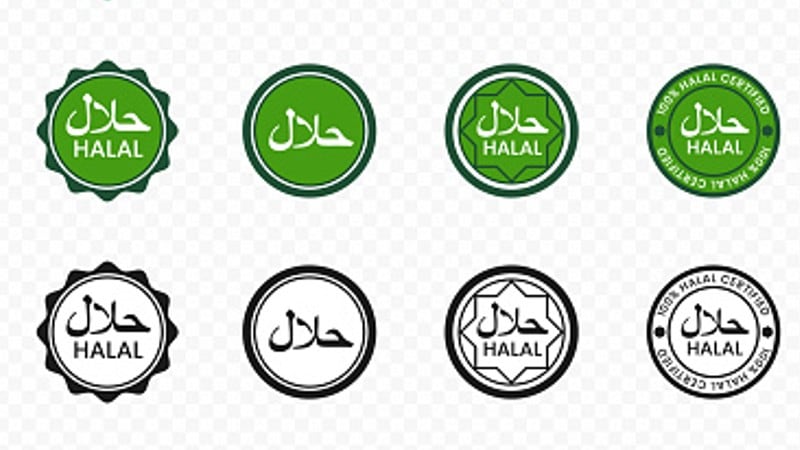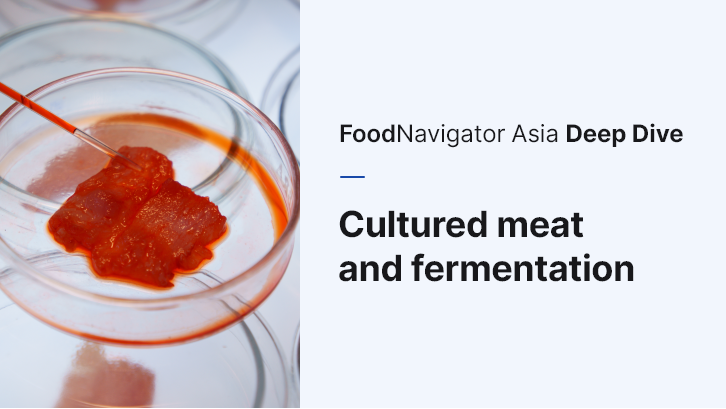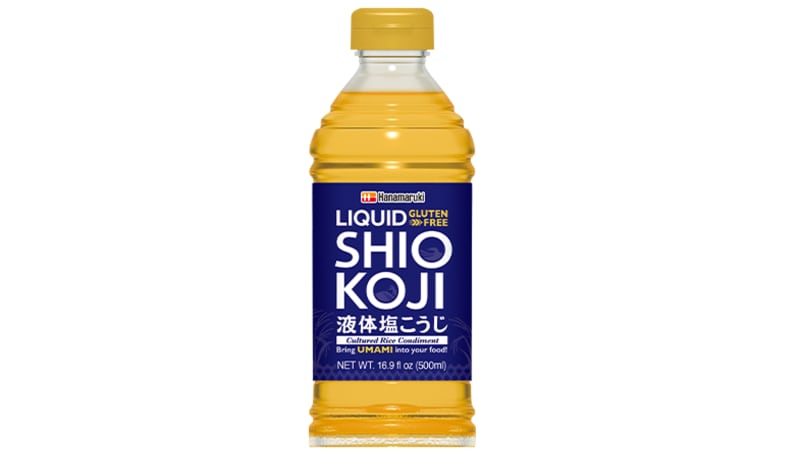In early February 2024, the news that the MUIS Fatwa Committee had deemed cultivated meat consumption permissible as halal ‘under certain conditions’ was met with a warm welcome by the alternative protein industry.
Alternative protein think tank Good Food Institute (GFI) APAC described this as a ‘precedent-setting’ announcement, highlighting the importance of this in making cultivated meat more accessible to consumers globally.
“More than a billion people around the world adhere to halal food standards, so for cultivated meat to make the leap from novelty to the norm, it is crucial that there are viable pathways to achieve this certification,” GFI APAC Managing Director Mirte Gosker said via a formal statement.
“Building a truly inclusive, efficient, and secure protein production system requires making high-quality, nutrient-rich, and culturally relevant foods available to every facet of society.
“With MUIS’s precedent-setting announcement, Singapore is bringing that bold vision one step closer to reality.”
Whilst there can be no doubt that this is extremely positive news for the sector, the fatwa (or formal ruling on a point of Islamic law) on cultivated meat does not automatically mean that all such products can be considered halal upon production.
First off, it will need to fulfil several conditions as determined by the MUIS Fatwa Committee.
“The Fatwa Committee has concluded that [several] conditions must be fulfilled to ensure that cultivated meat is halal for consumption,” MUIS stated via separate documentation.
“First, the cell source must be taken from animals that are halal to consume; second, every ingredient that makes up texture and composition of cultivated meat must be halal; and third, the product [must be] non-toxic and clean.”
This ruling would automatically rule out cultivated pork as an option for Muslim consumers, and would certainly also call for much closer scrutiny of the production process.
“The fatwa provides the broad guidance and the fundamental principles in assessing the permissibility of cultivated meat for Muslim consumption [but] it is important to note that for any product to be halal-certified, a more rigorous set of requirements will need to be in place to ensure consumer assurance,” MUIS Director of Halal Development Zalman Ali highlighted at a public discussion of the fatwa.
“These would include pre-market approval by the Singapore Food Agency covering food safety and more, cell traceability [to ensure the] cell comes from halal sources, ensuring the facility is free from contaminants and non-halal materials [so that] all ingredients used throughout the process are halal, ensuring there is no cross mixing with non-halal materials, incorporating a rigorous testing regime and proper product labelling.
“These are some of the areas that would need to be further addressed in developing the guidelines for halal certification of cultivated meat.”
Present and future
When announcing the fatwa decision, Singapore Mufti (an Islamic scholar legally allowed to make rulings or issue fatwas) Dr Nazirudin Nasir stressed that fatwa research needs to examine new developments that contribute to a safer, more sustainable environment.
“Some argue that there is no need for alternative food sources today because they say we should continue to enjoy real food such as real meat – they are entitled to their choice [but for fatwa institutions] these are very difficult and complex questions,” he said.
“These are not just about whether to force old views on new issues or allow new changes or technologies [but about] fostering confidence, resilience and empowerment in our religious thought.
“The fatwa committee carefully considered not just the needs of the present but also the future [when deciding] that it is permissible and halal to consume cultivated meat which cells are from animals that are halal or permissible in Islam and final ingredients do not contain any non-halal components.”





